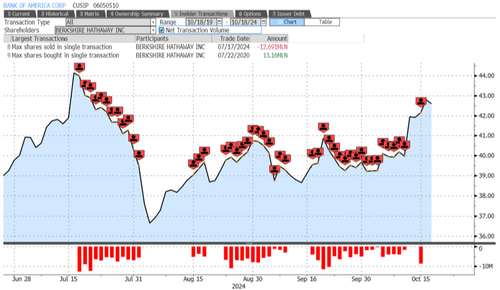
Malawi is significantly falling short of its targets towards economic growth due to a series of external shocks and internal challenges, Secretary to the Treasury Betchani Tchereni has said. In an interview on the side-lines of the Association of Business Journalists (ABJ) Annual General Meeting on Friday, Tchereni said the economy is expected to grow by between 2.2 and 2.
8 percent this year, falling short of the 6.6 percent annual target. He reiterated that this has been influenced by exogenous factors such as global logistics disruptions, the Covid pandemic and cyclones Anna, Idai, and Freddy.
However, he was quick to indicate that the economy was still growing, albeit marginally. “Inflation remains a significant concern with high food prices, particularly maize, as a key driver. There is also speculation and hoarding in the maize market.
It’s our own making for the prices of maize to be going up. We are allowing speculation to rule the economy. “Interest rates are unlikely to fall below inflation rates, as this would erode the economy in real terms.
Macroeconomic indicators are not at desired levels but they have improved from previous positions,” Tchereni said. Meanwhile, Tchereni has called on business journalists to balance their reporting by focusing more on positive economic developments in the country to instil confidence in foreign investors. While praising the media’s watchdog role, Tchereni emphasised the need for coverage that could help attract investors and showcase Malawi’s economic potential.
“Sometimes when you read the newspapers, you feel like everything is on fire in Malawi, but that’s not the case. The notion that the government is broke is a lie because the same government is able to pay salaries and provide essential public services,” Tchereni added. ABJ outgoing deputy national coordinator Enelless Nyale said the association is working with various stakeholders including the Treasury to enhance specialised training for business and economic journalists.
“We are going to sit down with the ministry and other stakeholders to see the way-forward, how we can help and how we can report, not only positively but truthfully,” Nyale said. Former ABJ national coordinator, who also delivered a keynote speech, Frank Phiri, said the most important thing for journalists is to acquire the appropriate knowledge in response to the situation on the ground..














